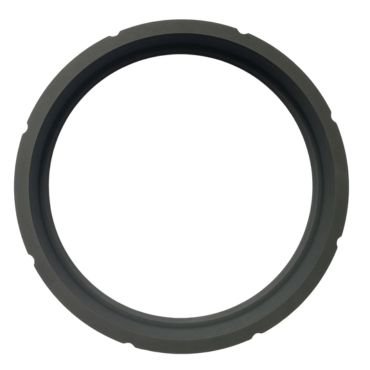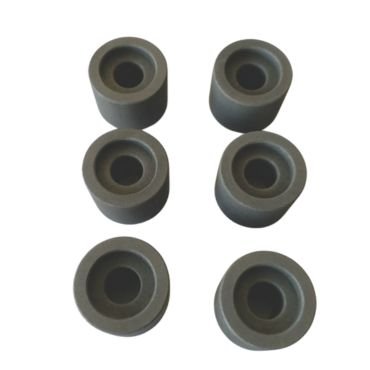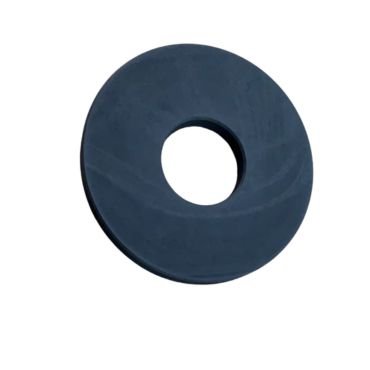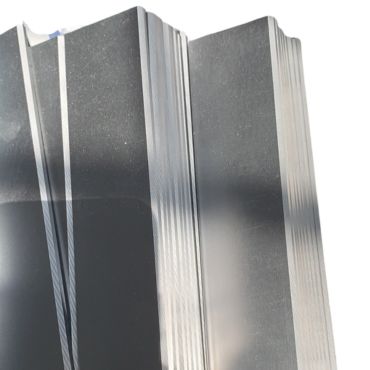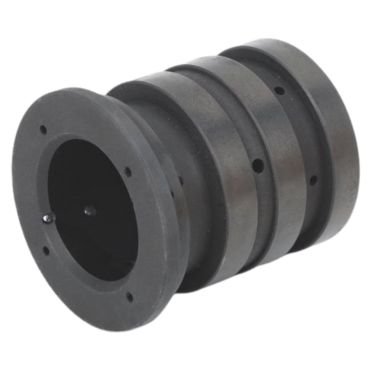What is Mechanical Carbon?
Mechanical carbon, also known as carbon mechanical seal or carbon graphite material, refers to a type of carbon material that is commonly used in mechanical sealing applications. It is composed primarily of carbon and graphite, sometimes with the addition of other materials like impregnants.
Mechanical carbon is commonly used in manufacturing mechanical seals for pumps, compressors, and other rotating equipments. These seals help prevent the leakage of fluids or gases and maintain the integrity of the system. Carbon seals are preferred in applications where traditional sealing materials, such as rubber or metals, may not provide the required performance or reliability.
It’s worth noticing that mechanical carbon is just one application of carbon materials, and carbon is used in various other forms and applications, such as carbon carbon composites, carbon fibers, carbon(graphite) electrodes and so on.
Specifications of Mechanical Carbon
Mechanical Carbon
| Density g/cm3 | Compressive Strength MPa | Flexural Strength MPa | Shore Hardness | CTE ×10-6 ℃-1 | Porosity % | MAX Temp ℃ | |
| M106K | 1.62 | 182-200 | 55-65 | 75-95 | 4.5 | 2 | 200 |
| M120D | 2.3 | 230 | 80 | 80 | 7.0 | 1 | 550 |
| M254P | 2.6 | 120 | 45 | 40 | 6.0 | 2 | 400 |
| M126G | 2.8 | 190 | 65 | 70 | 2 | 900 | |
| M120B | 2.3 | 130 | 50 | 50 | 5.5 | 8 | 200 |
| K: Resin D: Antimony P: Copper G: Silver B: Babbitt Metal | |||||||
The figures above are typical values, and are not guaranteed. For more information, please do not hesitate to contact us.




